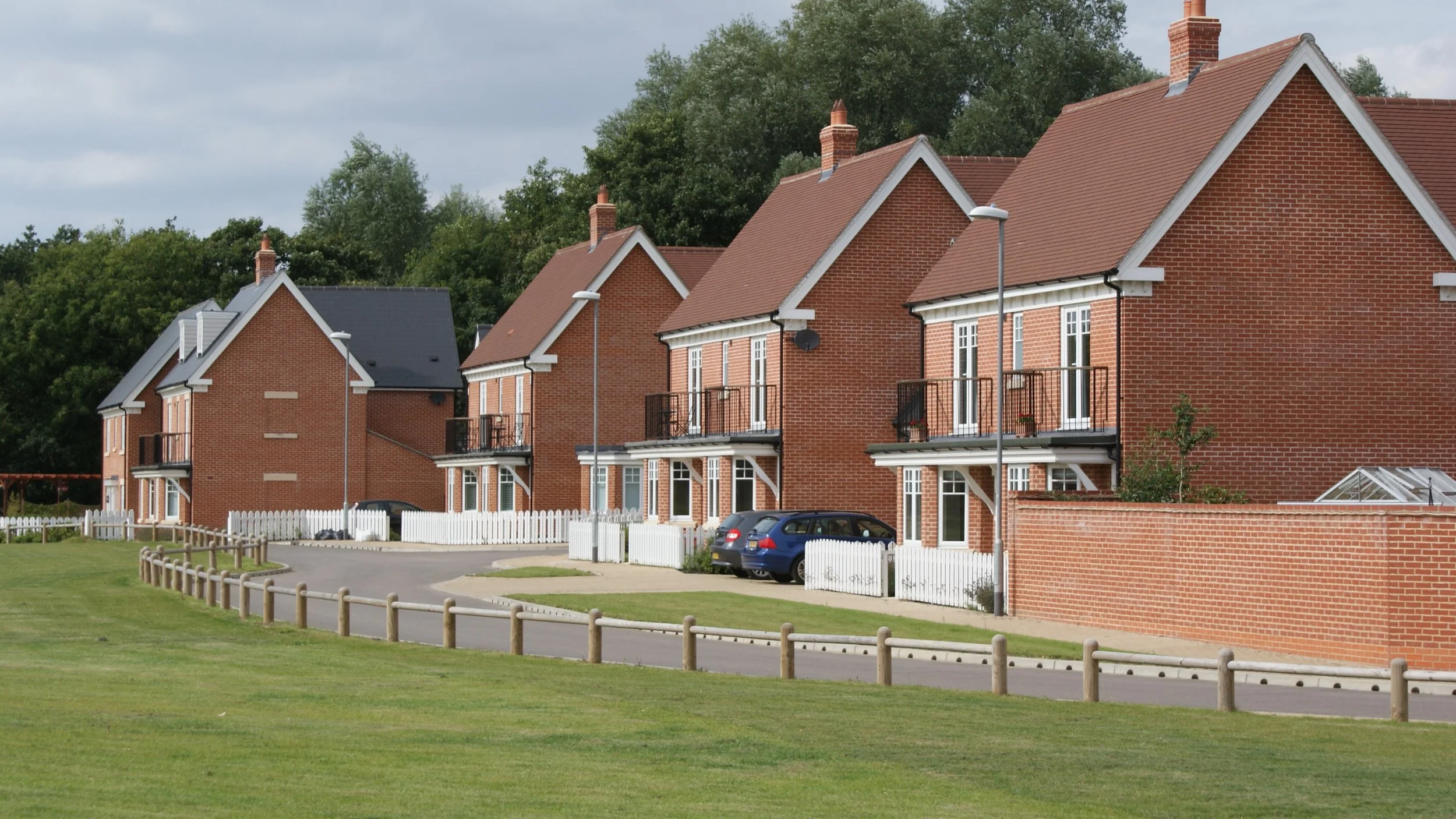Underused and poor quality court and tribunal buildings are being recommended for closure in a consultation published by Courts Minister, Shailesh Vara. The buildings being consulted on represent 16% of hearing rooms across the estate in England and Wales, which are, on average, used for only a third of their available time. That is equivalent to fewer than two out of five days in a week.
The majority of these courts are not used for at least two thirds of their available time, and one in three are not used three quarters of the time.
Courts and Tribunals Minister, Shailesh Vara, said:
“We are reforming the courts and tribunal service so that it meets the needs of modern day users.
“Access to justice is not just about attending court. As we bring in digital technology for better and more efficient access to justice, fewer people will need to physically be in a court.
“This means that we will need fewer buildings, and with many already underused and in poor quality, now is a good time to review the estate.”
Natalie Ceeney, Her Majesty’s Courts and Tribunals Service Chief Executive, commented:
“Our estate is a significant asset. We currently have a number of surplus buildings and this consultation puts forward proposals on their future.
“As we modernise our service so that fewer people will need to attend a court in person, spending money on unsuitable or rarely used buildings is not good value for money for taxpayers.
“I encourage anyone with an interest to respond to the proposals”.
The courts being recommended for closure in the Midlands are:
- Birmingham Youth Court;
- Burton-upon-Trent Magistrates’ Court;
- Buxton Magistrates’ and County Court;
- Corby Magistrates’ Court;
- Grantham Magistrates’ Court;
- Hinckley Magistrates’ Court;
- Kettering County Court;
- Kettering Magistrates’ Court;
- Sandwell Magistrates’ Court;
- Shrewsbury Magistrates’ Court;
- Skegness Magistrates’ Court;
- Solihull Magistrates’ Court;
- Stafford Magistrates’ Court; and
- Worksop Magistrates’ Court.
The courts and tribunal service is being modernised to create a justice system that is simpler, swifter and more efficient – using modern technology to meet the needs of everyone who uses them now and in the future.
To ensure access to justice is maintained, especially in rural areas, we are committed to providing alternative ways to access services. Alternatives will include using modern technology such as video conferencing to give evidence, and using other local civic and public buildings, such as town halls, for hearings, instead of underused and poorly maintained buildings.
















